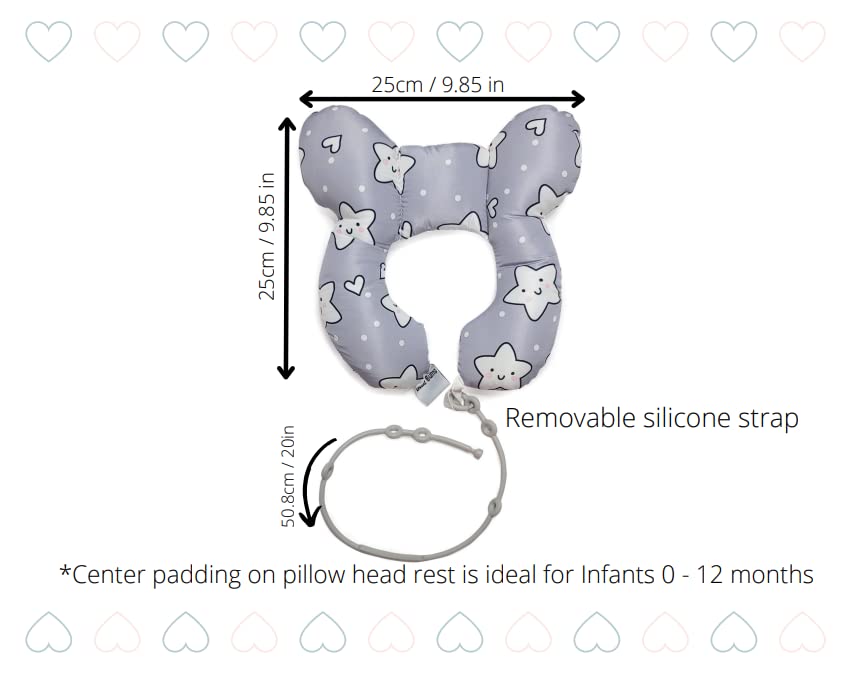



Infant Neck Support U-Shape Travel Pillow (Stars)
Category: Baby Pillow

The rapid development of digital technologies has significantly transformed the way individuals interact with information and with one another. The Internet, smartphones, and social media platforms have become integral parts of our daily lives, shaping our communication patterns, information consumption habits, and even our perceptions of the world around us.
One of the most notable changes brought about by these digital advancements is the ease with which information can be accessed and shared. The Internet has become a vast repository of knowledge, allowing people to search for and retrieve information on virtually any topic with just a few clicks. This democratization of information has empowered individuals, enabling them to educate themselves, stay informed on current events, and explore new ideas and perspectives.
However, the abundance of information available online has also given rise to new challenges. The speed and immediacy with which information spreads through digital channels have made it increasingly difficult to distinguish fact from fiction. The proliferation of "fake news" and misinformation has become a significant concern, as these can rapidly gain traction and influence public opinion.
Additionally, the widespread use of social media has transformed the way we form and maintain social connections. While these platforms have facilitated the expansion of our social networks, they have also contributed to the emergence of echo chambers, where individuals tend to surround themselves with like-minded individuals and reinforce their existing beliefs. This can lead to the polarization of opinions and the emergence of echo chambers, where critical thinking and the exchange of diverse perspectives are often stifled.
Furthermore, the constant exposure to digital devices and the need to be constantly connected have raised concerns about the impact of technology on mental health and well-being. Excessive use of digital devices has been linked to increased levels of anxiety, depression, and social isolation, particularly among younger generations. The constant stimulation and the fear of missing out (FOMO) can lead to addictive behaviors and detrimental effects on our ability to focus, our sleep patterns, and our overall quality of life.
In response to these challenges, there is a growing awareness of the need to develop digital literacy and media-critical skills. Individuals must learn to critically evaluate the information they encounter online, to identify reliable sources, and to be discerning in their consumption of digital content. Additionally, there is a push for the development of policies and regulations that can help mitigate the negative impact of digital technologies and ensure the responsible and ethical use of these tools.
As we navigate this digital landscape, it is crucial that we strike a balance between embracing the benefits of technology and addressing its potential drawbacks. By fostering digital literacy, promoting responsible digital practices, and engaging in meaningful dialogue, we can harness the power of digital technologies to enhance our lives while minimizing their detrimental effects.
product information:
| Attribute | Value |
|---|
















